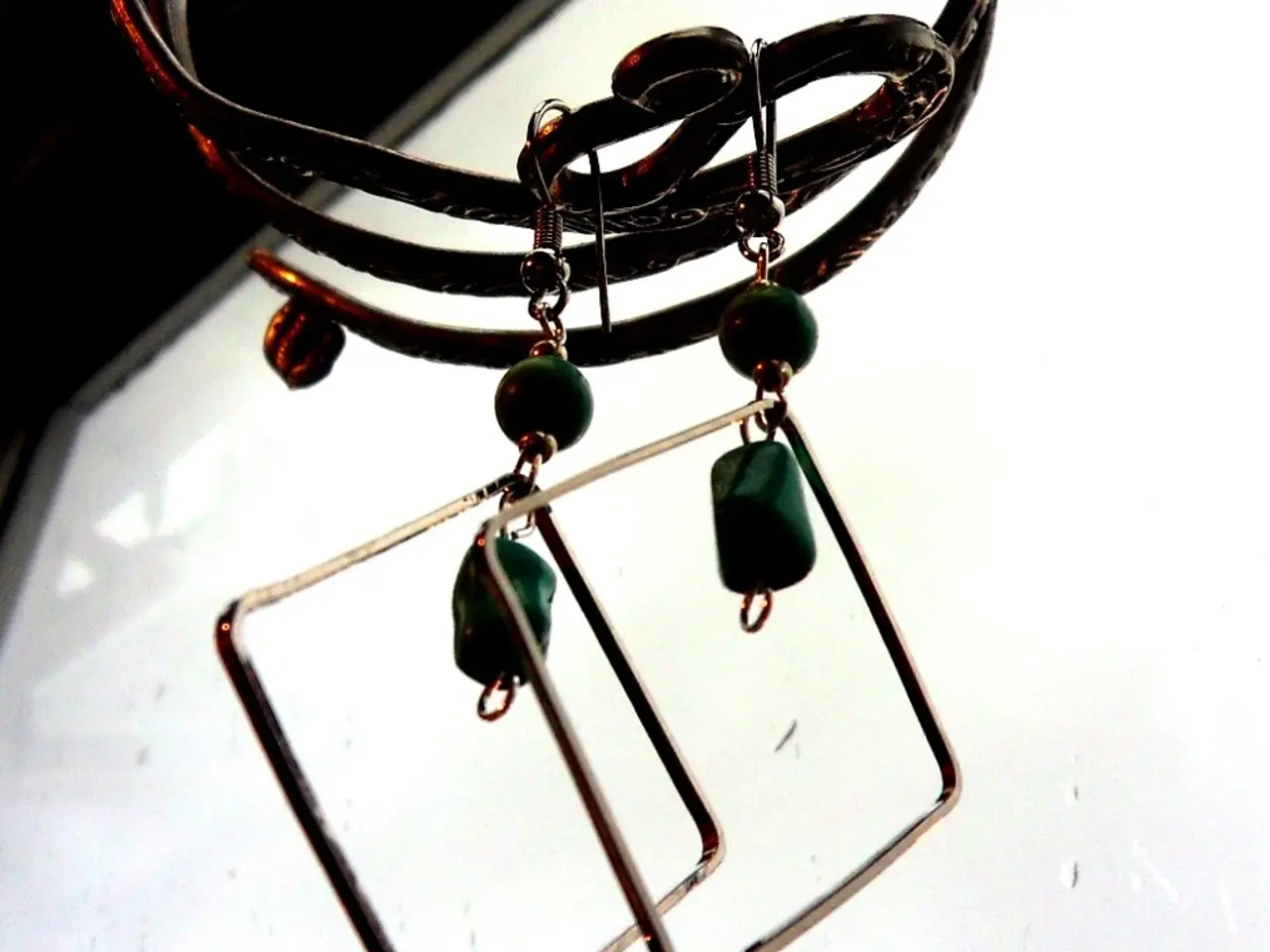Consumption of certain diets and alcohol could potentially lead to hearing impairment, according to knowledgeable professionals.
Audiologist Dr. Jenn Schumacher of ReSound US has highlighted that our daily habits can have a significant impact on our hearing health. Here are some factors to consider:
Prolonged Exposure to Loud Noise
Exposure to loud noises, such as music at high volumes, noisy work environments, power tools, lawn equipment, concerts, and traffic, can lead to hearing loss. Sounds above 85 decibels can damage the delicate hair cells in the inner ear, which do not regenerate, resulting in permanent hearing loss.
Incorrect Use of Earbuds or Headphones
Listening to music at high volumes for extended periods, without breaks, increases the risk of noise-induced hearing loss. The recommended guideline is the 60/60 rule: listening at no more than 60% volume for no longer than 60 minutes, then giving ears a 10-15 minute rest.
Earwax Buildup and Blockages
Excessive earwax can cause temporary hearing loss by preventing sound waves from reaching the eardrum. Improper ear cleaning methods can worsen this problem. To clean earwax, gently clean the outside of the ears with a washcloth and use baby oil, hydrogen peroxide, mineral oil, glycerin, or similar solutions.
Dietary Habits
Diets high in processed foods, artificial additives, unhealthy fats, sodium, and refined sugars can worsen hearing by impairing cardiovascular health, raising blood pressure, inducing inflammation, and reducing blood flow to the cochlea (inner ear). Healthy blood circulation is essential for auditory function, so poor diet can accelerate auditory cell aging and increase hearing loss risk.
Vaping and Nicotine Exposure
Vaping and nicotine exposure negatively affect hearing. Chemicals in vaping products have been linked to hearing damage and tinnitus (ringing in the ears). Quitting smoking and vaping can reduce these risks.
Stress
Stress has been noted to worsen tinnitus symptoms, indirectly impacting hearing comfort and quality of life. Stress reduction techniques can be helpful.
Lack of Protective Measures
In noisy environments, lack of protective measures, such as not using earplugs or noise-canceling headphones, increases exposure risk to noise-induced hearing damage.
Ototoxic Substances
The American Speech-Language-Hearing Association (ASHA) states that there are over 200 ototoxic drugs on the market, including medicines used to treat serious infections, cancer, and heart disease. Aspirin, large doses of NSAIDs, certain antibiotics, and loop diuretics are among these substances. Alcohol consumption in large quantities over a long period can also contribute to hearing impairment.
Ear Cleaning Practices
Using cotton buds to clean ears can push earwax further into the ear and potentially cause infection. The skin in the ear canal is thin and can be easily broken by cotton buds, potentially leading to eardrum rupture.
Preventive Measures
Adopting habits like safe listening practices, balanced nutrition, stress management, proper ear care, and hearing protection can help preserve hearing health. Regular exercise is beneficial for ear health as it promotes good circulation and keeps oxygen levels up.
If symptoms of an ear infection are present, it is advisable to consult a doctor early to minimize risks of long-term hearing issues. It's also important for anyone experiencing hearing issues to check with their doctor and/or pharmacist about possible drug interactions and reactions.
Remember, do not use "ear candles" to clean ears.
[1] Hearing Health Foundation. (n.d.). Noise-induced hearing loss. Retrieved from https://www.hearinghealthfoundation.org/hearing-health/conditions/noise-induced-hearing-loss/
[2] Hearing Health Foundation. (n.d.). Earwax. Retrieved from https://www.hearinghealthfoundation.org/hearing-health/conditions/earwax/
[3] Hearing Health Foundation. (n.d.). Diet and hearing health. Retrieved from https://www.hearinghealthfoundation.org/hearing-health/conditions/diet-and-hearing-health/
[4] Hearing Health Foundation. (n.d.). Smoking and hearing health. Retrieved from https://www.hearinghealthfoundation.org/hearing-health/conditions/smoking-and-hearing-health/
[5] National Institute on Deafness and Other Communication Disorders. (n.d.). Noise-induced hearing loss. Retrieved from https://www.nidcd.nih.gov/health/noise-induced-hearing-loss
- Maintaining a balanced diet rich in essential nutrients is crucial for mental health and overall wellness, as poor diet can lead to cardiovascular problems, which in turn may indirectly impact hearing health by reducing blood flow to the cochlea.
- Regular exercise, a significant part of fitness-and-exercise routines, benefits not only physical health but also ear health, as good circulation promotes oxygen flow to the ears, aiding in auditory function and potentially slowing down auditory cell aging.




